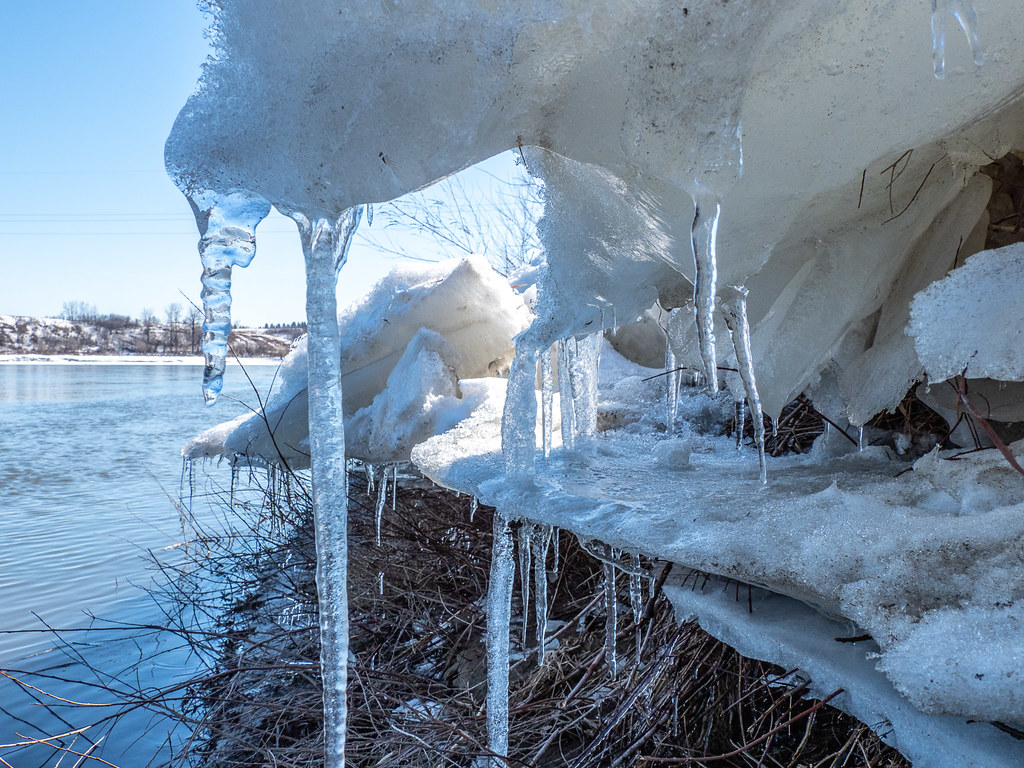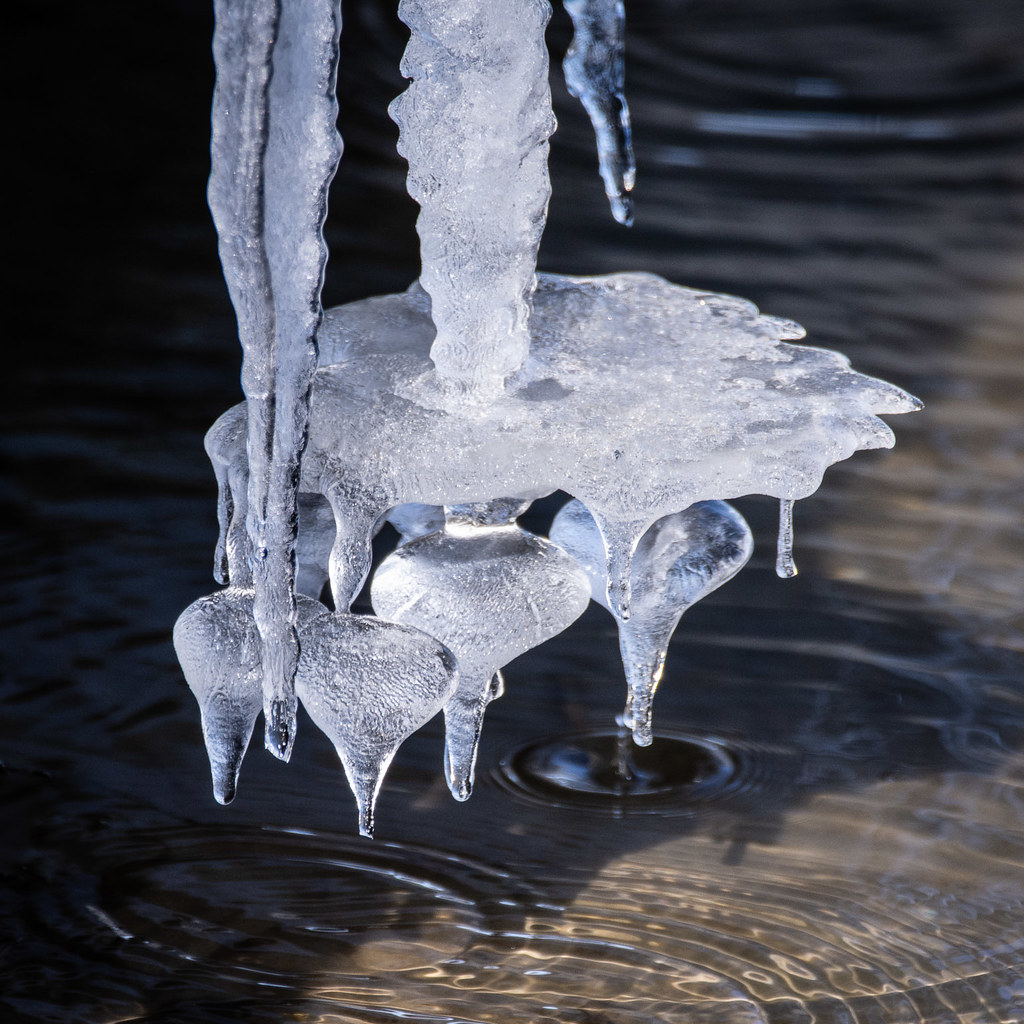Upcoming Events
PCAP-SK is hosting a webinar on habitat occupancy by breeding Pied-billed and Horned Grebes in Prairie Canada: correlates of pond use and breeding success at noon, Jan. 27.
Nature Regina is hosting a winter bio-blitz at various times on Jan. 29. Register on their website.
EMTF-SK will host an online breakfast presentation on Saskatchewan’s Energy Storage Advantage: Compressed Air Energy Storage in Salt Caverns on Feb. 2.
PCAP-SK is hosting a webinar on a watershed stewardship approach to invasive species education and management at noon, Feb. 2.
The Institute for Environmental Sustainability is hosting a webinar on the importance of peatlands for nature and people on Feb. 2.
Low Tech
Zero Waste
British Columbia leads the way on recycling and composting programs, but more is still needed. A plan to get BC to zero waste by 2040 emphasizes reducing waste production, repair & maintenance, extended producer responsibility, and closing disposal loopholes. [The Tyee]
A frying pan made from recycled aluminum cans, bicycle parts, and other recycled metal can be manufactured using 95% less energy than a conventional aluminum frying pan. [Kuhn Rikon]
Energy
Carbon capture at Shell’s blue hydrogen facility near Edmonton is capturing less than 50% of the facility’s total emissions. [Gizmodo]
Satellites can play an important role in identifying methane emissions, the first step in tackling a key source of GHG emissions. [Smithsonian]
Turning big box store rooftops into solar farms could generate a lot of electricity. [Gizmodo]
A new conservation foundation plans “to provide Indigenous and other land-based communities with funds to protect endangered ecosystems and build economic alternatives to the logging of at-risk old-growth forests.” [CTV]
A low-energy kitchen, carpets made from recycled fishing nets, solar panels, and bees and wildflowers on the roof – this hotel is paying more than lip service to environmental sustainability. [The Guardian]
John Stimpson has built 30,000 nest boxes for swifts, not to mention the nest boxes he’s built for barn owls, blue tits, finches, blackbirds, and thrushes. [The Guardian]
Tips to help you clear dangerous pollutants out of your home (and your body). [The Guardian]
The hidden cost of fish oil pills to personal and environmental health. [The Guardian]
On the Bookshelf
Though the Earth Gives Way, a novel by Pullitzer Prize-winning journalist Mark S. Johnson, shares the stories of individuals fleeing a climate apocalypse. “We are good at divorcing ourselves from consequences,” Johnson says. “I wanted readers to feel as if they’d glimpsed the other side, the world to come.” [Madison Magazine]
Nature’s Wonders
A rare sighting of blanket octopus. Males are 2.4 centimetres – females grow up to 2 metres! [The Guardian]
When large numbers of snowy owls appear in southern Canada and the US, we assume they’re starving. Not so, according to SK researchers. “It’s due to a bumper crop of young snowies during a very good breeding season.” [All About Birds]
Check out EcoFriendly Sask’s Nature Companion, a free nature app for Canada’s four western provinces
EcoFriendly Sask supports Saskatchewan environmental initiatives through an online publication, an events calendar, small grants, and the Nature Companion website/app. You can follow EcoFriendly Sask by liking us on Facebook, following us on Twitter, or subscribing by email (top right corner).









